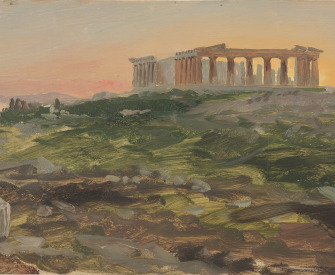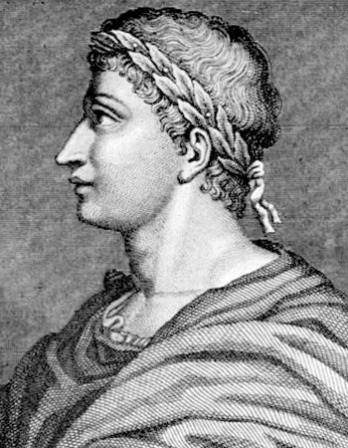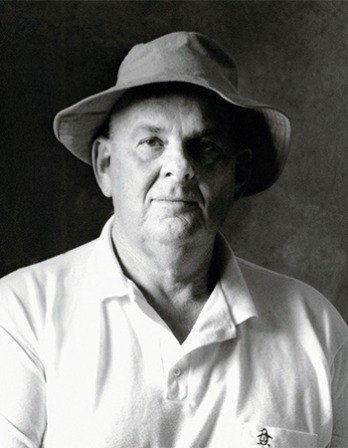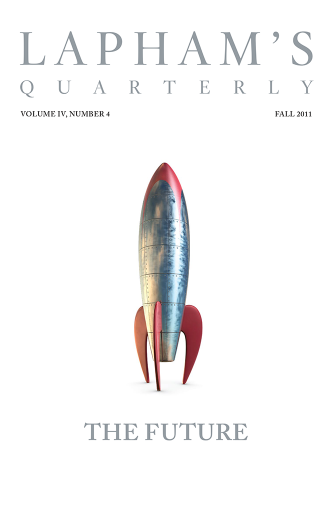During the months which Vespasian spent at Alexandria waiting for the regular season of the summer winds to ensure a safe voyage, there occurred many miraculous events manifesting the goodwill of Heaven and the special favor of Providence toward him. At Alexandria a poor workman who was well-known to have a disease of the eye, acting on the advice of Serapis, whom this superstitious people worship as their chief god, fell at Vespasian’s feet demanding with sobs a cure for his blindness and imploring that the emperor would deign to moisten his eyes and eyeballs with the spittle from his mouth. Another man with a maimed hand, also inspired by Serapis, besought Vespasian to imprint his footmark on it. At first Vespasian laughed at them and refused. But they insisted. Half-fearing to be thought a fool, half-stirred to hopes by their petition and by the flattery of his courtiers, he eventually told the doctors to form an opinion whether such cases of blindness and deformity could be remedied by human aid. The doctors talked round the question, saying that in the one case the power of sight was not extinct and would return, if certain impediments were removed; in the other case the limbs were distorted and could be set right again by the application of an effective remedy: this might be the will of Heaven, and the emperor had perhaps been chosen as the divine instrument. They added that he would gain all the credit if the cure were successful, while if it failed the ridicule would fall on the unfortunate patients. This convinced Vespasian that there were no limits to his destiny: nothing now seemed incredible. To the great excitement of the bystanders, he stepped forward with a smile on his face and did as the men desired him. Immediately the hand recovered its functions and daylight shone once more in the blind man’s eyes. Those who were present still attest both miracles today, when there is nothing to gain by lying.
From The Histories. Tacitus married the daughter of Consul Julius Agricola around 77, became a praetor and a member of the priestly college that guarded the books of the Sybilline prophecies in 88, and in 100 he prosecuted, along with Pliny the Younger, a proconsul in Africa for extortion. His reputation as a historian is based on The Histories, written around 105–109, and The Annals, written around 118–123, the former spanning 69–96, the latter 14–68.
Back to Issue





